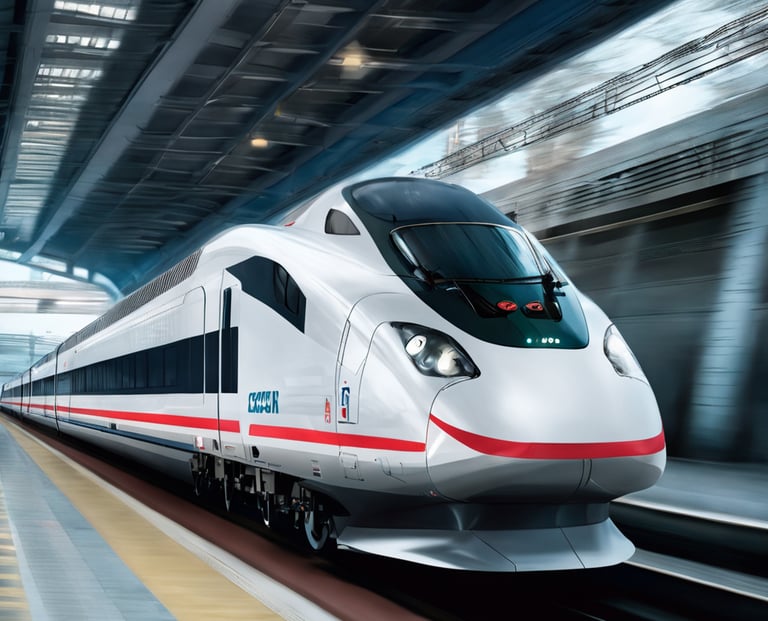Wabtec’s Green Friction Technology Launches in Paris to Enhance Rail Tunnel Air Quality
Source: Wabtec
6/15/20241 min read


Wabtec Corporation’s (NYSE: WAB) Green Friction braking solution is set to commence commercial fleet operations on the RER A rail line in the greater Paris metropolitan area. This initiative, undertaken in collaboration with Île-de-France Mobilités (IDFM) and RATP, aims to enhance air quality within the transit authority’s tunnels and underground network by significantly reducing particle emissions from train braking.
Starting this year, Green Friction brake linings will be installed on all MI09 trains operating on the RER A line, benefiting over one million daily passengers. This deployment follows extensive testing conducted in partnership with RATP and IDFM. Wabtec rigorously tested its Green Friction materials on ten RER A trains for more than a year, covering over a million kilometers. The results demonstrated that the Green Friction solution can reduce braking emissions by an average of 70 percent, with potential reductions reaching up to 90 percent, all without compromising safety or performance and with minimal impact on operating costs.
"Particulate matter emissions from train braking are a worldwide challenge," stated Philippe Nogues-Cubelles, Vice President of Friction at Wabtec. "Green Friction tackles the source of the fine particle problem. Today, Wabtec is the only company in the rail industry offering operational, rapidly deployable, and cost-effective equipment to reduce pollution levels linked to braking." This statement underscores Wabtec’s leadership in addressing environmental concerns associated with train operations.
Green Friction represents a unique range of materials designed to eliminate fine particles emitted during braking. Developed in 2019, this product portfolio is a testament to Wabtec’s expertise in friction materials and its substantial investment in measuring braking-particle emissions accurately. The Green Friction solutions meet both current and anticipated regulatory standards regarding air pollution and friction performance. Following the success in Paris, metro networks in other cities across France, Europe, and Asia have shown interest in adopting this innovative technology for their fleets.

